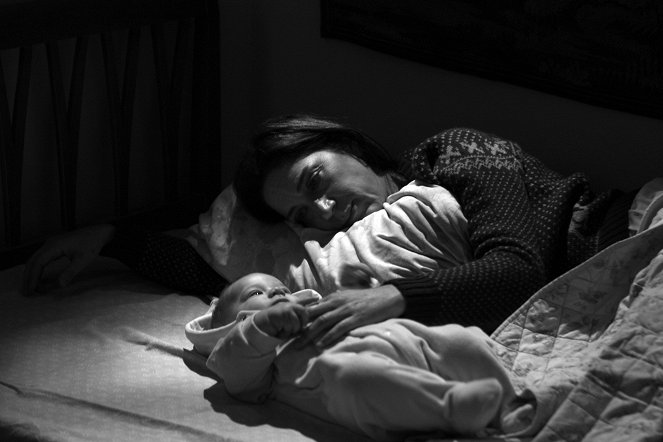Réalisation:
Elias GiannakakisScénario:
Elias GiannakakisPhotographie:
Giorgos ArgyroiliopoulosRésumés(1)
A middle-aged woman enters a maternity hospital and, a moment later, leaves with a baby in her arms. We observe Hara taking care of the three-month-old infant, cherishing it as if it were her own, singing to it and even taking a trip to the coast to show the baby the sea. The story, told largely through images with a minimum of dialogue, allows the viewer to see right inside Hara and to examine the motives which led her to commit such a socially unacceptable act. The very first scene sets the uneasy tone of the film. The director is acutely aware of the viewer’s sense of anticipation and follows Hara’s actions with an intuitive and non-judgemental eye. The heroine’s unspoken motivation creates a tension which is reinforced by the black-and-white stylisation and the stark interiors. The hugely persuasive power of this sincere testimony is also attributable to the performance of Amalia Moutoussi, who plays Hara. The director states that this film is “an attempt to share the feelings of a very unique character, a complex yet pure soul.” (Karlovy Vary International Film Festival)
(plus)Photos (3)
Photo © 48. MFF Karlovy Vary

